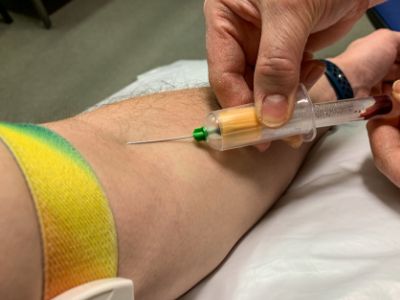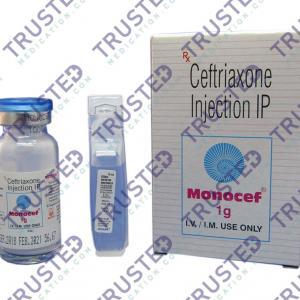
Alopecia is defined as the loss of hair from the body. Losing hair is often a cause of great concern for patients for cosmetic and psychological reasons, but it can also signal several systemic problems. Baldness typically refers to excessive hair loss from your scalp. The most common cause of baldness is hereditary hair loss with aging.
Some people prefer to let their hair loss run its course untreated and unhidden. Others may cover it up with hairstyles, makeup, hats, or scarves. Then some can restore growth or prevent further hair loss with one of the treatments available. Your doctor can help you determine the cause of your hair loss and the treatment options available.
Five Symptoms of Alopecia

Hair loss can appear in many different ways, depending on what’s causing it. Symptoms include:
- Gradual thinning on top of the head. This condition is typical as people age. Hairline receding begins on the forehead of many men. Women typically have a broadening of the part in their hair.
- Patchy bald spots. Circular or patchy patches of baldness can appear on the scalp, beard, or eyebrows. Your skin may become itchy or painful before the hair falls out.
- Sudden loosening of hair. It is due to physical or emotional shock that can cause hair to loosen. When combed or washed, or even when gently tugged, hair can come out in handfuls.
- Full-body hair loss. The loss of hair on any part of the body can be caused by certain medical conditions or medical treatments, such as chemotherapy. The hair usually grows back.
- Patches of scaling that spread over the scalp. This is a sign of ringworm. Affected individuals may experience broken hair, swelling, redness, and even oozing.
What Causes Alopecia?
The most common cause of hair loss is a hereditary condition that happens with aging. This condition is called androgenic alopecia, male-pattern baldness, and female-pattern baldness. It usually occurs gradually and in predictable patterns. Talk to your doctor about treatments to prevent total baldness.
Risk Factors of Alopecia
- Hormonal changes and medical conditions. Hormonal changes due to pregnancy, childbirth, menopause and thyroid problems can cause hair loss.
- Medications and supplements. Drugs that cause alopecia include those intended to treat cancer, arthritis, depression, heart problems, gout, and high blood pressure.
- Radiation therapy to the head. It causes temporary hair loss as the hair may not grow back the same as it was before.
- Chronic stress. Many people experience a general thinning of hair several months after a physical or emotional shock.
- Hairstyles and treatments. Excessive hairstyling such as pigtails or cornrows can cause a type of hair loss called traction alopecia.

How To Diagnose Alopecia?
Blood test to uncover medical conditions that can cause hair loss. Your doctor may also recommend a pull test to see how many come out and determine the stage of the shedding process. A scalp biopsy may also help to examine the hair roots and determine whether an infection is causing hair loss.
Treatment for Alopecia
Effective treatments for some types of hair loss are available. You can also use hair care products such as:









